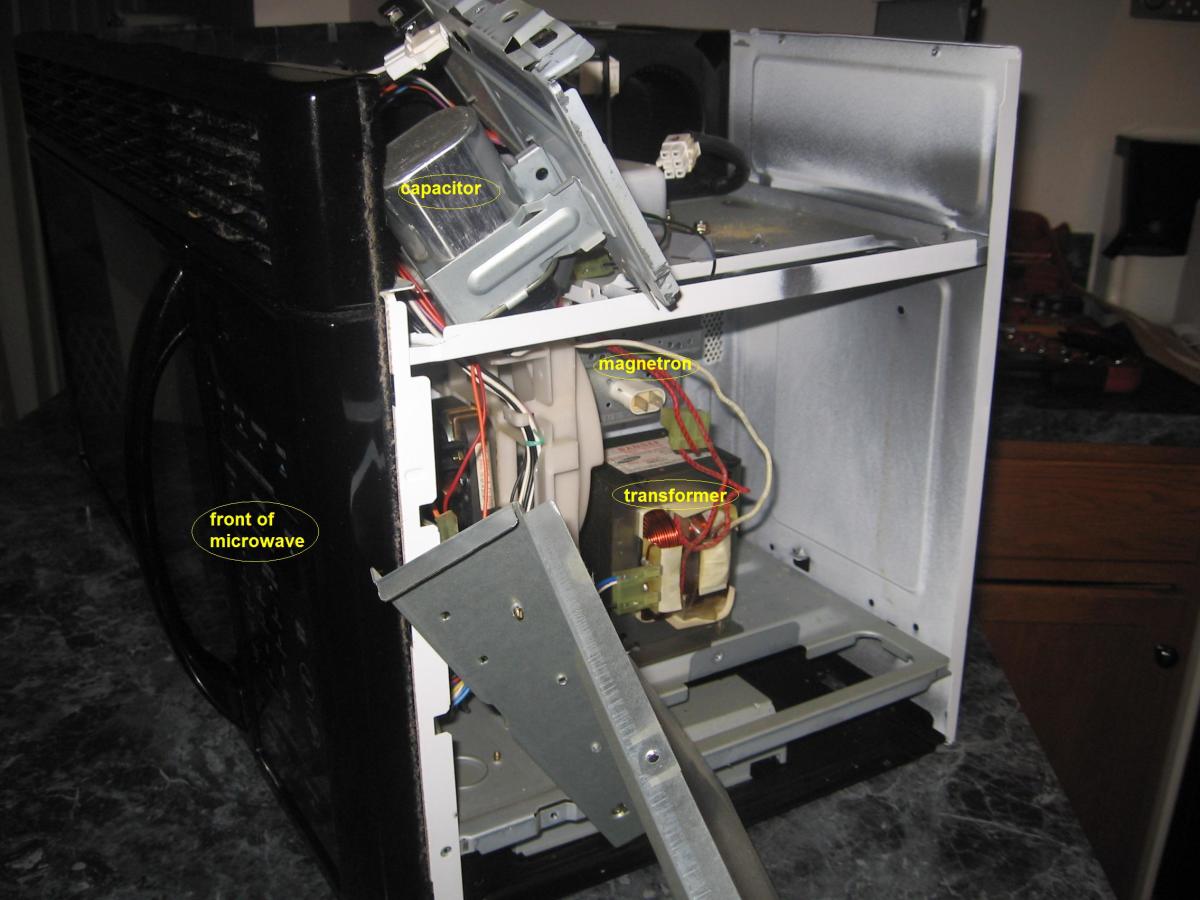8 Simple Ways To Save For A Rainy Day
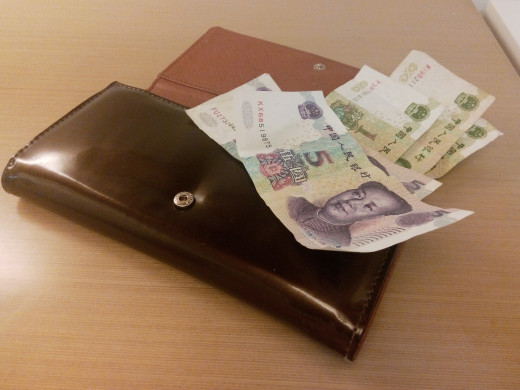
Simple Saving
Do you have some spare change in your pocket that's weighing you down? Or maybe you've taken a quick peek at your financial future and aren't too keen on what you see?
Let's talk about saving for a rainy day.
I always wonder where this saying came from. I don't know anyone who's woken up one day, looked out at the rain and thought, 'finally, I can spend all my savings!' before grabbing an umbrella and sprinting to the nearest store.But I admit, sometimes I take things too literally.
Anyway in the interests of upholding tradition and for the purposes of this article, we'll work with the phrase, despite its dubious origins.
Whatever you need more money for, the many saving options can be pretty confusing.
The emphasis here is on Simple.
If you're looking for information on Trackers, High Interest Growth, Compound Interest, ISA's, Stocks and Bonds etcetera, then this isn't for you, but if you're looking for easily remembered small, daily steps using the money that's already in your wallet or your purse, then you're probably in the right place.
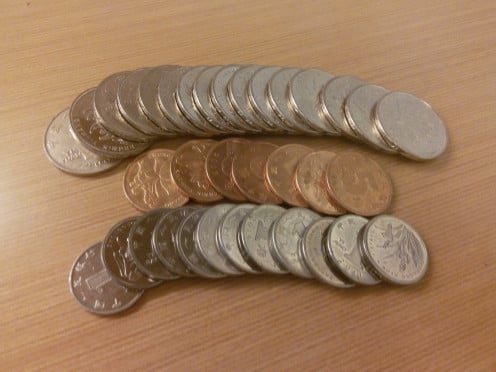
1) Stop Counting It.
Sometimes money likes to be left alone .
It seems to like having a bit of privacy to do whatever it does, (hopefully multiply). So if you've already got some stashed away (along with an umbrella, mac, plastic rain hat and wellington boots for that inclement weather), leave it alone. Don't touch it till you're ready to spend it.
Constantly checking and counting your money leads to dipping in and out of it. Give it a chance to grow by only making deposits and by not counting it for a while.
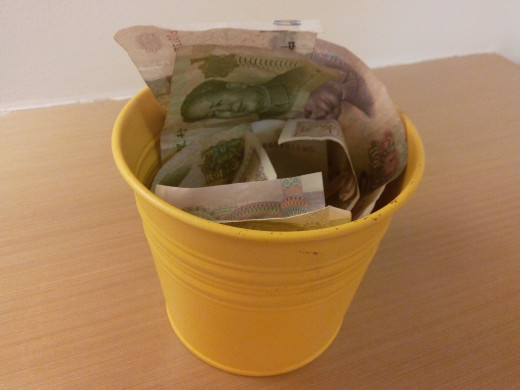
2) The Sofa
Down the back of the sofa is not the best place for your loose change.
Neither are your pockets, any item of clothing with ripped seams or the bottom of your handbag.
When you come home or at the end of every day get into the habit of putting your loose change into a jar or container. Let it fill up without paying it too much mind and if you're ever tempted to see how much is in there, re-read point number one.
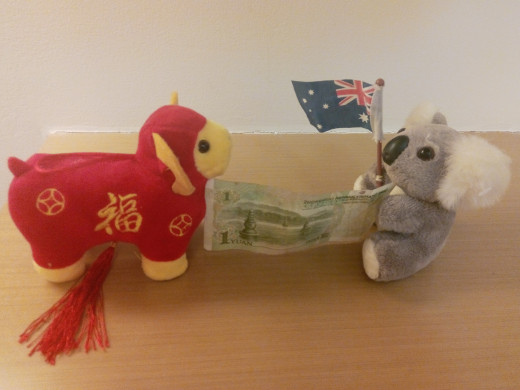
3) Give Some Away
Call it Karma, call it good will, call it 'what goes around comes around.'
Dropping some change into a charity box every so often has never made anyone poor but it does have the potential to make a lot of people very grateful.
If you believe in reaping what you sow, then sow well.
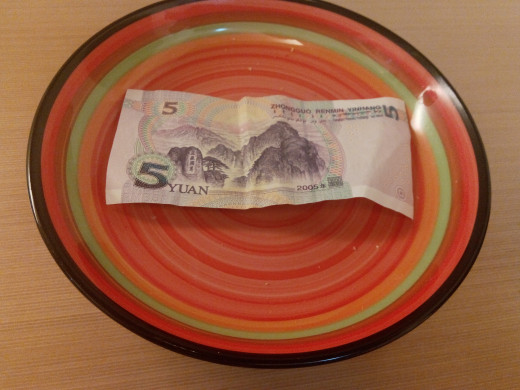
4) Eat Less
Perhaps I should start with a disclaimer here.
I have no scientific proof whatsoever that eating less can help your quest to save, but what I am saying is that eating less shop-bought stuff will be beneficial.
Your local pastry/coffee/takeaway place won't go out of business if you stop patronizing them for a few weeks but your savings will look a lot healthier and so will your waistline.
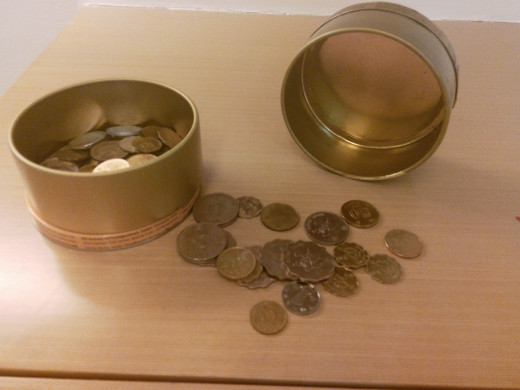
5) But Don't Deprive Yourself
Your desire to have a nice lump sum of money should be greater than your feelings of sacrifice.
It's all about balance. If you feel impoverished, robbed or starved, maybe you should put the thought of saving on hold for a while.
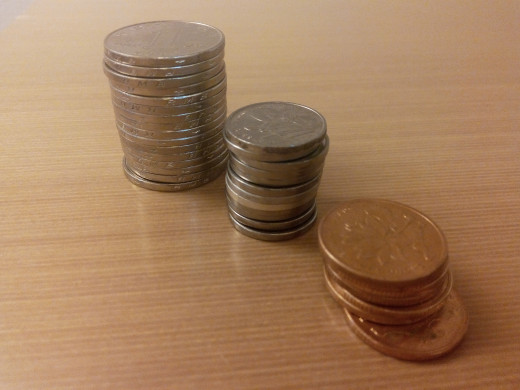
6) Set a Goal
Let's say that your loose change and karmic giving to charity earned you £500 this year, what will you do with the spare money?
Set a clear goal so that you can spend your savings in a way which makes you feel happy and fulfilled.
Every time you make a deposit into your savings imagine yourself achieving this goal.
7) Be Discreet
Talking about how much comfier your settee is now that the loose change is no longer sticking out of it isn't a good idea.
People may not be in a position to appreciate your growing funds and frugal discipline or, conversely, they may suggest many tempting ways for you to spend it RIGHT NOW.
The amount in your change jar or bank account and what you plan to do with it is your business. For everyone else it's on a 'need to know' basis.
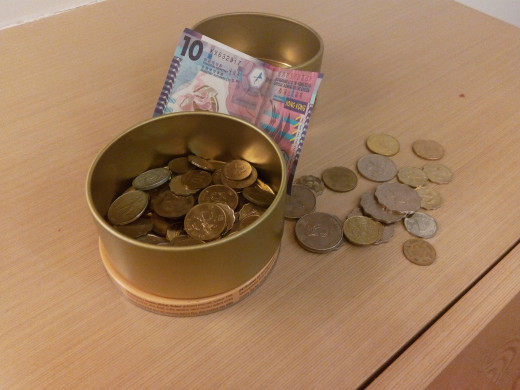
8) Share
Not your savings total, but your savings tips and experiences.
Once you're telling others they kind of expect you to put your money where your mouth is, so to speak. If others are watching to see how well you do with your own suggestions then you'll quickly find that you'll want them to 'do as you do' and not just 'as you say.'
Final Thoughts
When it comes down to it, whether it's rainy or sunny, money is a simply a tool which allows you to buy stuff, just as a chair is a tool which allows you to sit.
The chair might help to take a load off, but by itself it can't actually make you happy. So, keep the idea of money for what it really is; a tool, nothing more and nothing less.
Now go and dig out that spare change and start some simple saving for that rainy (or even not so rainy) day.







